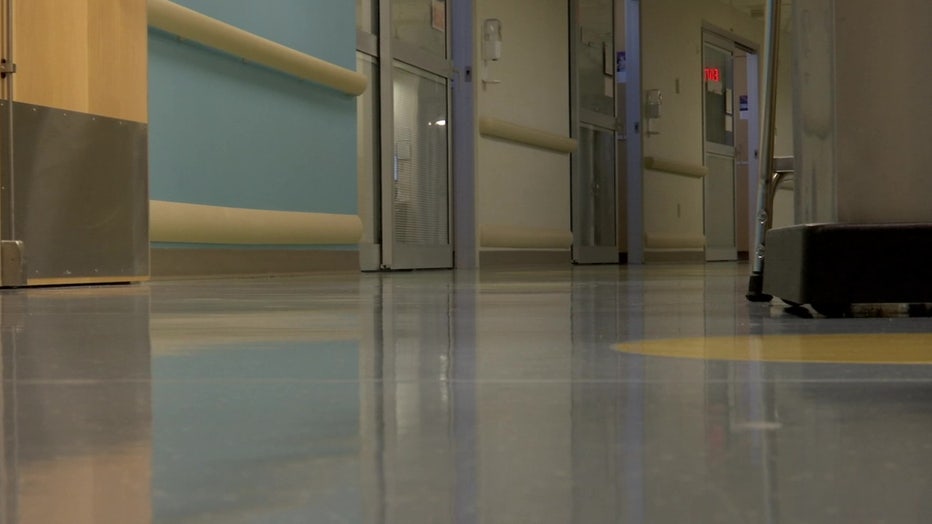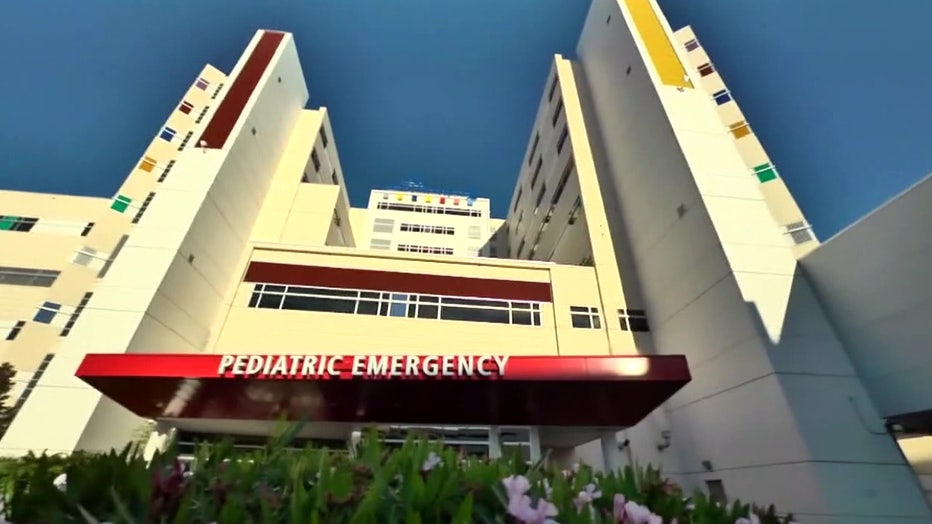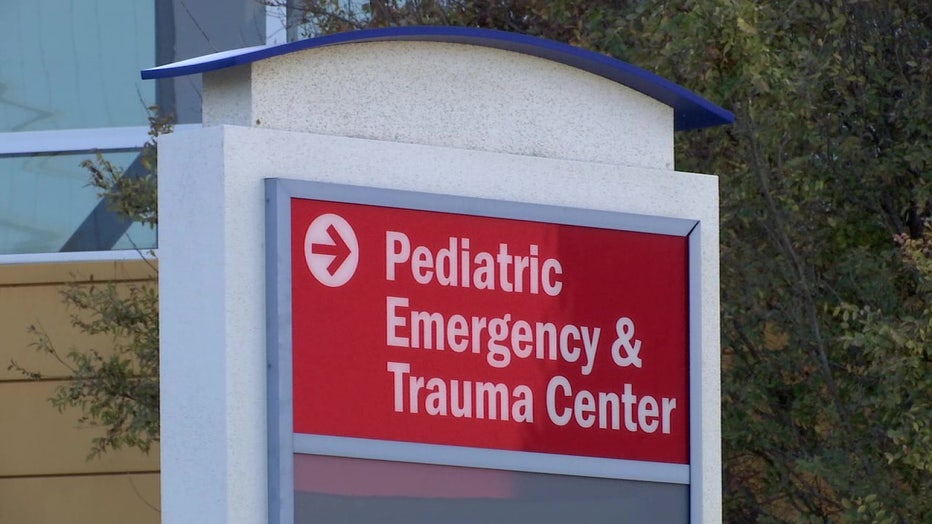Pediatric mental health ER visits increase rapidly in the US, new study finds
ST. PETERSBURG, Fla. - Pediatric mental health emergency room visits are increasing rapidly in the United States, according to a study released by the Journal of the American Medical Association this week.
The study found that pediatric mental health ER visits increased by 8% annually between 2015 and 2020. All other visits increased by 1.5% each year.
Mental health revisits increased by more than 6% annually, but the proportion of mental health ER visits with a revisit remained stable.
RELATED: More children showing up to hospitals with suicidal thoughts, new report finds
However, the study said the "significant increase in the raw number of revisits is still concerning, as increased visits overwhelm existing care models and result in worse outcomes for ER patients."

Dr. Jennifer Katzenstein, the co-director of the Center for Behavioral Health at Johns Hopkins All Children’s Hospital, said the data isn’t surprising, but it is worrisome.
"My immediate reaction was that’s similar to what we’ve seen here at Johns Hopkins All Children’s," she said. "We’ve seen an increase in patients presenting to our emergency room for things like depression, suicidal thoughts, anxiety, eating disorders, significant disruptive behaviors, and we’ve seen similar repeat visits as well."
The study included more than 200,000 children at 38 children’s hospitals.
MORE: Psychologists struggle to provide needed care as demand for mental health services increases
"This is a significant concern not only for myself, but for our organization, our community, our state," Katzenstein said. "We know that child and adolescent mental health concerns continue to be on the rise and that we continue to struggle with appropriate interventions and staffing and providers available for our kids. There are a number of community initiatives as well as initiatives here at Johns Hopkins All Children's as we continue to work to meet the need."

She said from 2019 to 2021, the number of children who were Baker Acted doubled at All Children’s.
"We were in a mental health, really, significant crisis before the pandemic, and the pandemic exacerbated what we knew was already there," she said.
Katzenstein said oftentimes, families don't know when to recognize signs and symptoms of a mental health concern or aren't able to seek the services they need. She said when they are really seeking services, it's when it reaches a crisis level.
She recommended sitting down with your kids at least once a week to check in.
READ: Lived trauma drives Crisis Center of Tampa Bay CEO's passion for helping others

"We need to be able to recognize signs and symptoms of depression, anxiety and mental health concerns which could include irritability, hopelessness, feeling anxious, nervous or worried, feeling stressed, but also watching for things like no longer engaging in previously enjoyed activities, dressing differently, having sleep or appetite changes or also not doing kind of one’s self-care, showering, bathing as consistently as they have in the past," Katzenstein said.
She said there’s no one reason for the rise, but instead, a combination of things.
"Not only the pandemic, but increased gun violence, increased social media cyberbullying, the impact of social media and the constant internet usage for our kids as well as things we hear from our adolescents like climate change being a concern and having greater stressors and burdens and worries about their future than really past generations ever have experienced," Katzenstein said.
She said All Children’s focuses on comprehensive care that includes mental health screenings at the pediatrician’s office, and intensive outpatient services with a team of doctors. She said if you or your child are in a crisis, call 911 or go to the nearest ER.
If you or a loved one is feeling distressed, call the National Suicide Prevention Lifeline. The crisis center provides free and confidential emotional support 24 hours a day, 7 days a week to civilians and veterans. Call the National Suicide Prevention Lifeline at 988 or 1-800-273-8255. Or text HOME to 741-741 (Crisis Text Line).
CLICK HERE for the warning signs and risk factors of suicide. Call 1-800-273-TALK for free and confidential emotional support.

